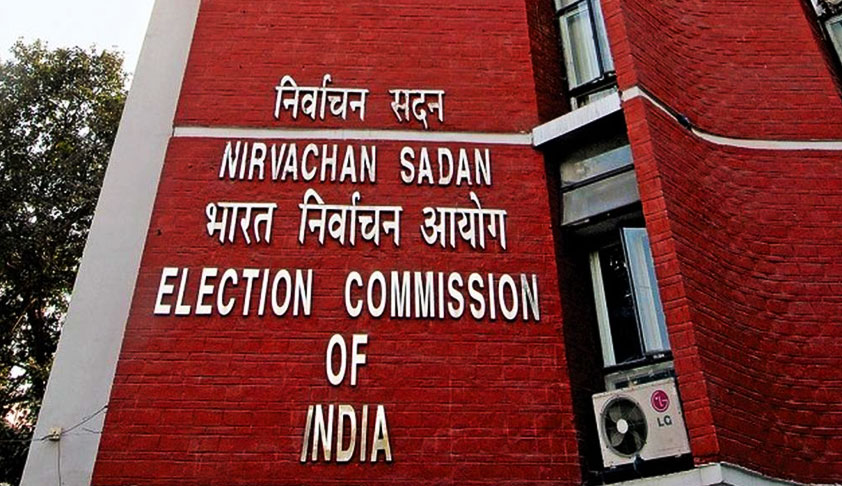The Election Commission of India (ECI) on Tuesday asserted before the Supreme Court its supremacy in matters relating to elections, and took objection to the Congress party trying to interfere with the process by filing writ petitions like the one before it.The submissions were made by the ECI on the petition filed by Senior Congress leader Kamal Nath seeking random verification of...

